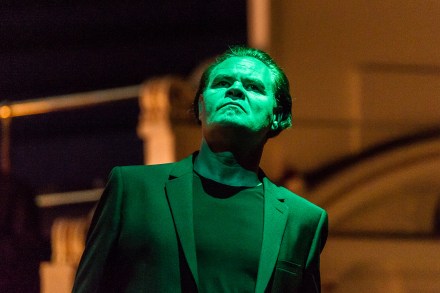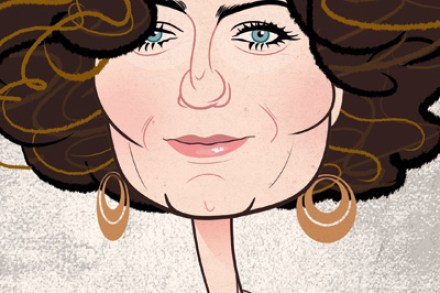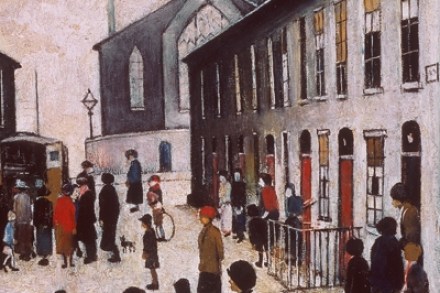Opera: I am dreading the thought of Götterdämmerung if Opera North maintains the standard it has set with Siegfried
Siegfried is, everyone agrees, the hardest of the Ring dramas to bring off. The first and almost insurmountable problem is that the title role is one that almost no one can sing, and one of which even on recordings there are very few wholly satisfactory accounts. Lauritz Melchior, the only tenor with the adequate size and beauty of voice, and the sensitivity, when he could be bothered, to employ them to the full, never recorded the role complete, his only ‘live’ preserved performance being heavily cut. The most one can hope for is a more-or-less decent account, and they are rare. The other chief problem with Siegfried is that, coming















